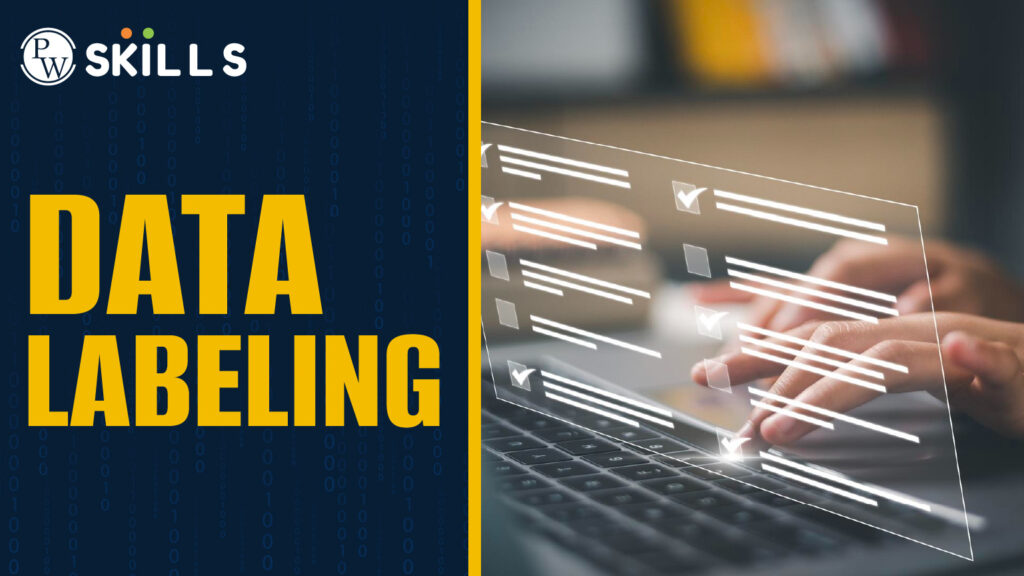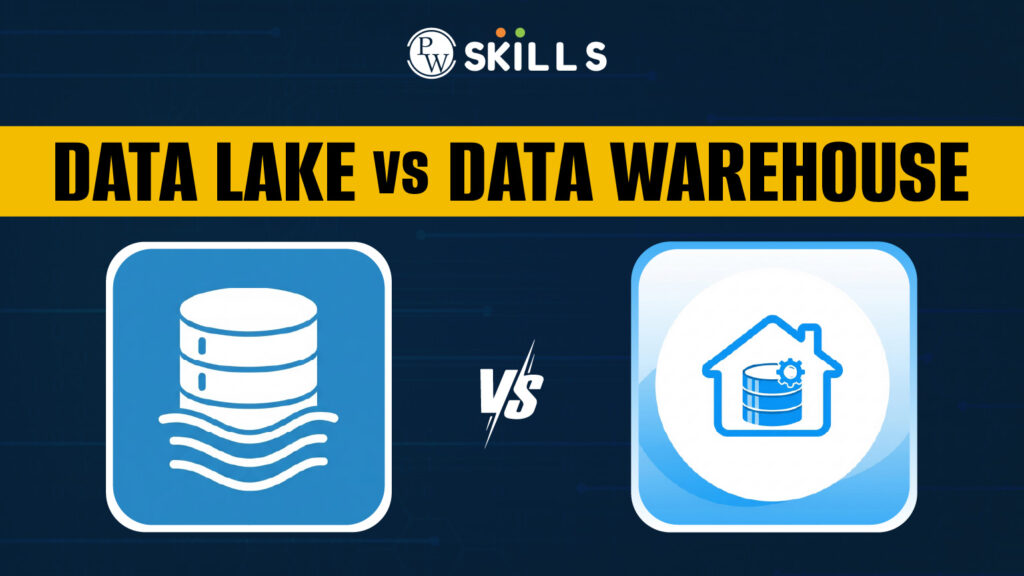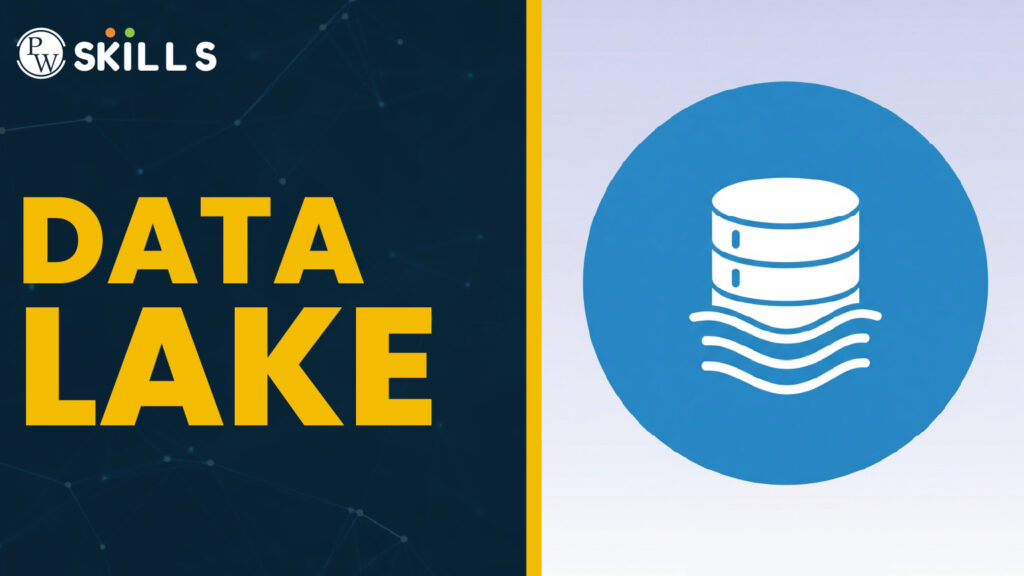Data Scientist vs. AI Engineer — Choosing the Right Career
Artificial intelligence (AI) and data science are pivotal fields driving the tech industry forward. With the rapid advancement of technology, professionals in these areas are in high demand. This article delves into the differences and similarities between data scientists and AI engineers, providing a comprehensive guide for those considering a career in these fields.
Data Scientist Overview
Data scientists are experts in extracting meaningful insights from large datasets using advanced analytical techniques. Their work involves:
- Algorithm Development: Creating models to analyze data.
- Mathematics and Statistics: Applying statistical methods to interpret data.
- Programming: Utilizing languages like Python, R, and SQL.
- Data Visualization: Presenting data insights using tools like Tableau.
- Business Acumen: Understanding organizational needs to provide actionable insights.
Tools and Techniques
Data scientists employ a variety of tools such as Hadoop, Spark, and machine learning algorithms. Their role is crucial in identifying trends, predicting outcomes, and informing strategic decisions.
AI Engineer Overview
AI engineers focus on creating and deploying AI models that can perform tasks traditionally requiring human intelligence. Their work involves:
- Machine Learning and Deep Learning: Building models that learn from data.
- Natural Language Processing (NLP): Developing systems that understand human language.
- Computer Vision: Enabling machines to interpret visual data.
- Software Engineering: Integrating AI models into applications.
Tools and Techniques
AI engineers use frameworks like TensorFlow, PyTorch, and Keras. They work closely with stakeholders to implement AI solutions that enhance business operations and product development.
Artificial Intelligence in Data Science Overview
AI plays a crucial role in data science, enhancing the ability to process and analyze vast amounts of data efficiently. Techniques such as machine learning, deep learning, and NLP are integral to modern data science practices.
Integration of AI in Data Science
- Automating Data Processing: AI algorithms streamline data cleaning and preprocessing.
- Advanced Analytics: Machine learning models provide deeper insights from complex datasets.
- Predictive Analytics: AI improves the accuracy of forecasting models.
Can Data Scientists Use AI?
Yes, data scientists frequently use AI to enhance their analytical capabilities. By integrating AI techniques, data scientists can automate repetitive tasks, build sophisticated models, and uncover more profound insights.
Practical Applications
- Customer Segmentation: Using AI to identify distinct customer groups based on behavior.
- Predictive Maintenance: Forecasting equipment failures before they occur.
- Fraud Detection: Detecting fraudulent activities through anomaly detection models.
Educational Requirements
Both careers require a strong foundation in mathematics, statistics, and computer science. However, there are distinct differences:
Data Scientist
- Degrees: Typically requires a graduate degree in computer science, statistics, or related fields.
- Skills: Proficiency in Python, R, SQL, and data visualization tools.
- Experience: Hands-on experience with big data technologies and machine learning.
AI Engineer
- Degrees: Often requires a graduate degree in AI, machine learning, or computer science.
- Skills: Expertise in machine learning frameworks, programming languages (Python, Java), and neural networks.
- Experience: Experience with AI model development and deployment.
Roles & Responsibilities
Data Scientist
- Data Collection: Gathering and cleaning data for analysis.
- Model Building: Developing statistical models to analyze data.
- Insight Communication: Presenting findings to stakeholders.
AI Engineer
- AI Model Development: Creating and training AI models.
- System Integration: Embedding AI models into software applications.
- Performance Monitoring: Ensuring AI models function correctly in production.
Earning Potential
Data Scientist
- Average Salary: $126,136 per year.
- Factors: Experience, expertise, and location influence salary.
AI Engineer
- Average Salary: $156,648 per year.
- Factors: Experience, specialization, and job location affect earning potential.
Technical Skills
Data Scientist
- Programming: Python, R, SQL.
- Data Tools: Hadoop, Spark, Tableau.
- Analytical Skills: Statistics, machine learning.
AI Engineer
- Programming: Python, Java, C++.
- AI Frameworks: TensorFlow, PyTorch, Keras.
- Specialized Skills: NLP, computer vision, deep learning.
Data Scientist or AI Engineer: Which Should You Choose?
Choosing between these careers depends on your interests and skills:
- Data Science: Ideal for those interested in data analysis, statistical modeling, and deriving business insights.
- AI Engineering: Suited for individuals passionate about building intelligent systems and working with cutting-edge AI technologies.
Both fields offer robust career prospects and competitive salaries. Advanced education, such as a master’s degree, can significantly enhance your career opportunities.
Learn Generative AI with PW Skills
For those interested in AI, consider the Generative AI Course offered by PW Skills. This course provides in-depth knowledge and practical skills in creating AI models that generate content, enhancing your expertise in this exciting field.
Artificial Intelligence In Data Science FAQs
Can data scientists use AI?
Yes, data scientists frequently use AI to enhance data analysis and predictive modeling.
What is the scope of data science and Artificial Intelligence?
Both fields have broad applications across industries, driving innovation and efficiency through data-driven insights and intelligent automation.
What is the role of data scientists in AI?
Data scientists develop models to analyze data, often using AI techniques to improve accuracy and efficiency.
What is the salary of Artificial Intelligence and data science?
AI engineers earn an average of $156,648 per year, while data scientists earn about $126,136 per year.
By understanding the roles, responsibilities, and educational requirements of data scientists and AI engineers, you can make an informed decision about your career path in these dynamic and impactful fields.






